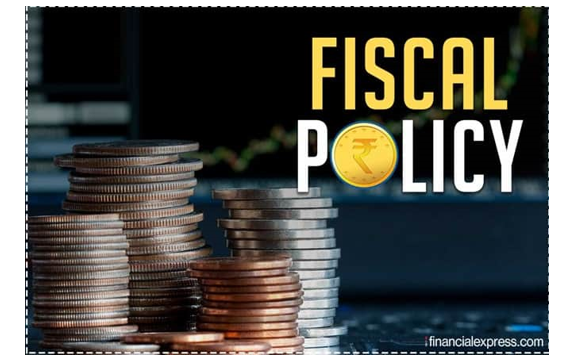INP-WealthPk
Amir Khan

Persistent fiscal deficits and debt, exacerbated by global and domestic factors, have posed significant hurdles for Pakistan. Talking to WealthPK, Amjad Mahmood, Additional Finance Secretary at the Finance Division, stated that the fiscal accounts had been burdened by extraordinary expenses and only modest revenue growth. "Efforts to reduce imports and a decline in industrial activity have also obstructed revenue generation, leading to several challenges for fiscal sustainability." However, he said the government was actively working to improve public finances through reforms and initiatives related to revenue and spending. "These measures focus on enhancing revenue collection via tax policy and administration reforms, strengthening public financial management, ensuring transparent spending, and improving debt management." "These reforms aim to reduce reliance on borrowing, mitigate debt-related risks, and create room for social assistance and development spending, ultimately promoting a more equitable growth path and better management of fiscal risks," he highlighted.
According to the latest Fiscal Risk Statement 2023-24, the country's primary balance — a crucial indicator for debt sustainability — recorded a surplus of 1.5% of GDP during July-March FY24. This achievement shows confidence that Pakistan is on track to meet its primary balance target for the end of the current fiscal year. However, the Fiscal Risk Statement highlighted vulnerabilities in the fiscal position due to changes in key macroeconomic variables such as GDP growth, interest rates, inflation and exchange rates. Despite these risks, a slow but steady economic recovery is expected in FY25. Talking to WealthPK, Muhammad Ali Talpur, a member of the Social Development Committee at the Planning Commission, explained that despite efforts to enhance fiscal accounts, various domestic and global challenges such as tight financial conditions, high inflationary pressures, exchange rate depreciation, and stringent monetary policies have caused a notable contraction in economic activity.
During FY24, economic activity showed slow improvement, and inflation adjustments were sluggish. Nevertheless, government efforts led to better revenue collection, though this progress was largely offset by increased expenditures, particularly due to higher mark-up payments. The fiscal deficit stood at 3.7% of GDP during July-March FY24, mirroring the deficit recorded in the same period last year. The fiscal deficit for the first three quarters of FY23 was 3.7% of GDP, but increased to 4.1% by the end of the fiscal year due to historical expenditure rigidity. This sharp rise highlights the need for continuous fiscal discipline and strategic management to ensure sustainable economic growth and fiscal health in the future.
Credit: INP-WealthPk













